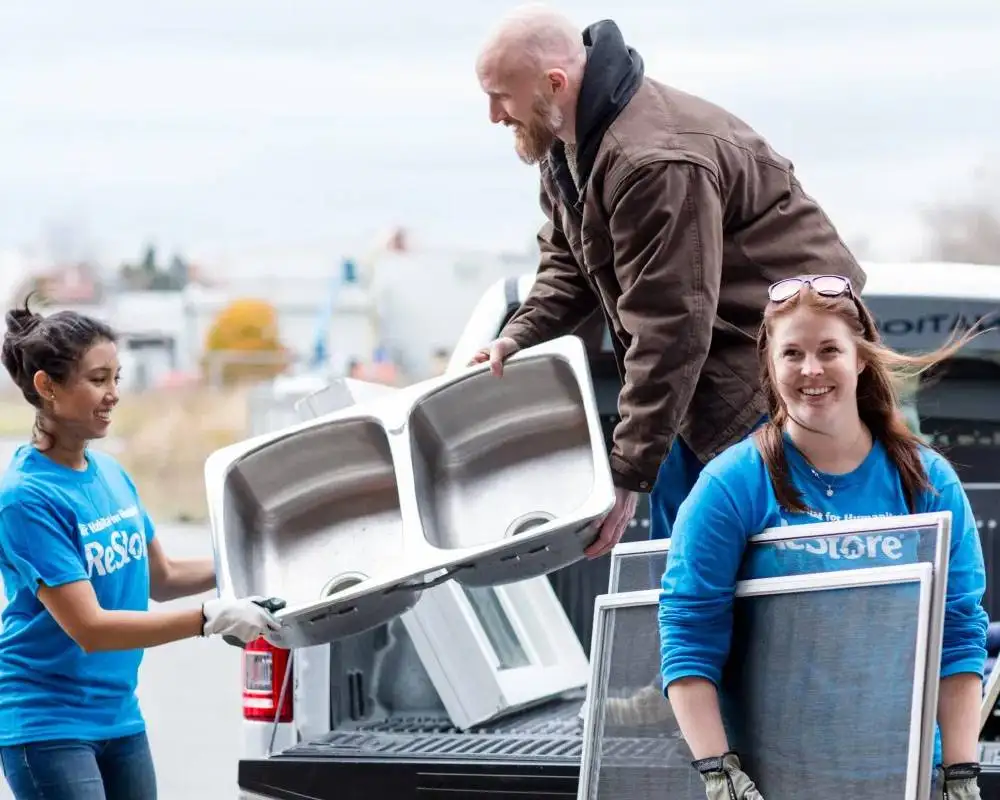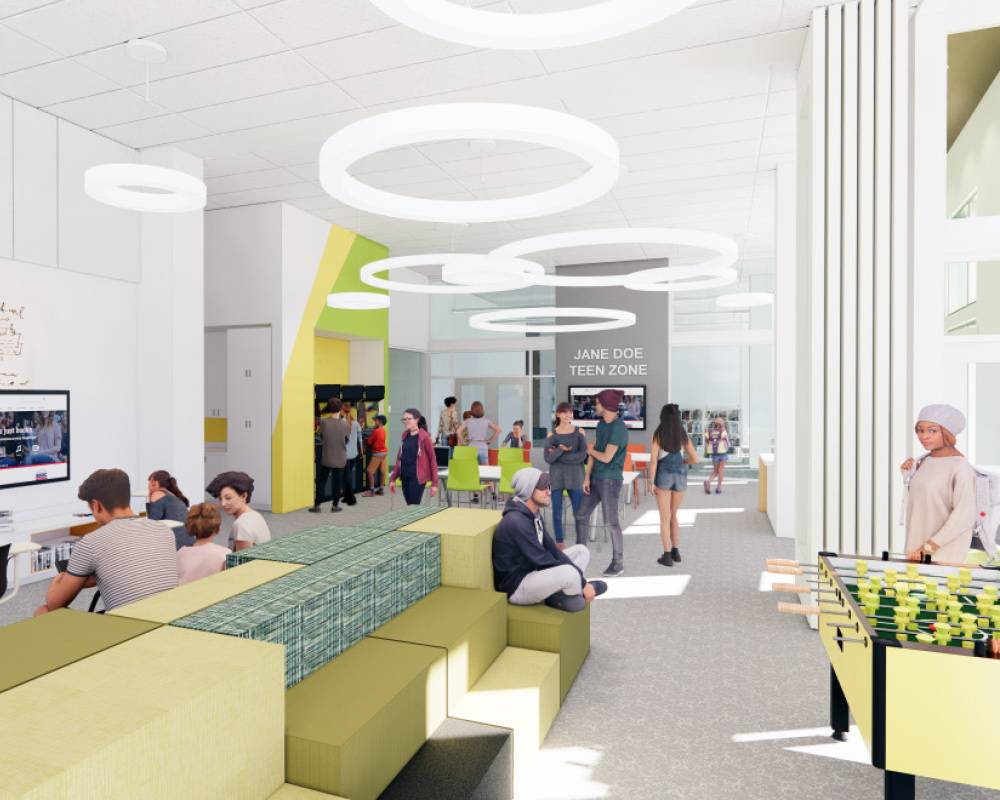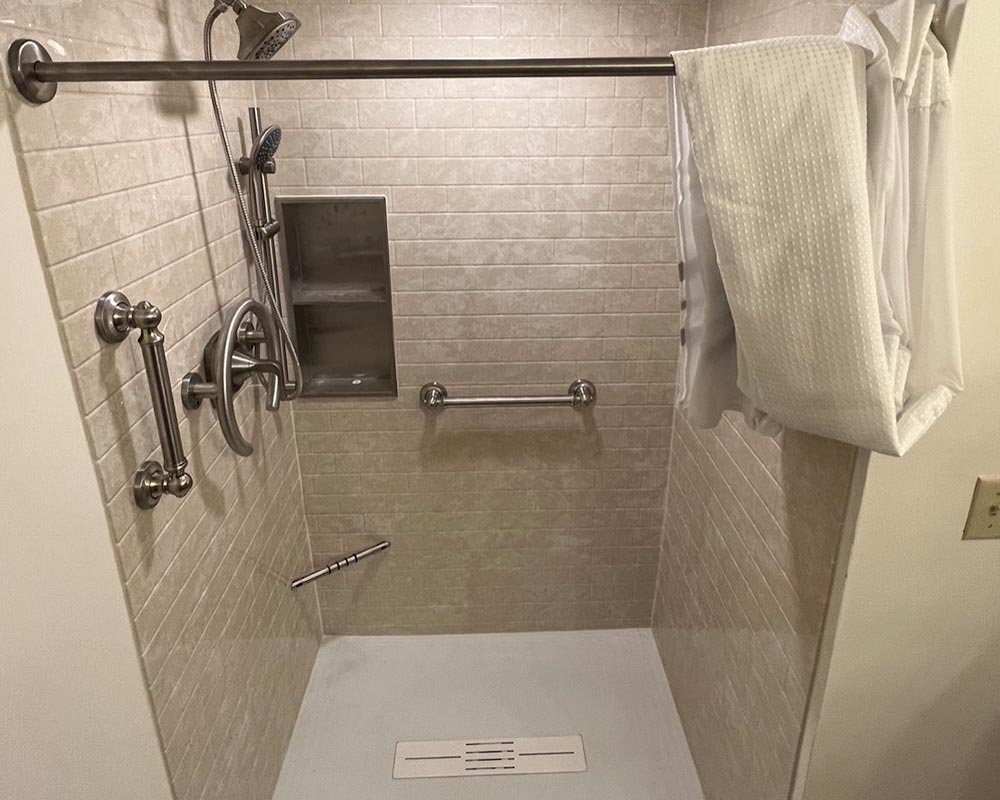Children’s Safe Harbor, 1416 20th St., offers a first step toward healing when children and their parents suffer the raw emotions that surface during separation and divorce.
Safe Harbor provides a secure place for families to meet when transferring children from one parent to another and also provides an experienced staff and safe location in which to supervise visitation when needed, explains Megan Brechon, executive director.
“Separation and divorce are difficult, whether or not domestic violence has occurred, and this breeds a lot of conflict and bad feelings for a very long time,” Brechon explains. “We don’t want children or adults to have additional trauma. We’re a middle ground to help limit problems, making visitation times less challenging and the exchange of children between parents less difficult. In cases where there’s been violence, we lower the odds for more violence to take place. Overall, our goals are to prevent bad situations before they happen.”
Families are referred to Safe Harbor through agencies, the courts, or by self-request. There are no fees for the service. Supervised visitation is funded by a $550,000 federal grant awarded last month to Winnebago County by the Department of Justice’s Office on Violence Against Women. Future expansion of services will be funded with donations from individuals and businesses.
The grant is allowing Safe Harbor to expand its hours.
October is Domestic Violence Awareness Month and Brechon is working to raise awareness of Safe Harbor.
“Well-intentioned families will do what we do somewhere else, but it doesn’t always work,” says Brechon. “Before they get here, they’ve often tried a lot of things to make it work.”
What’s important is that the healing begins, she says. When children see their parents interacting peacefully, they feel safe and can start their own healing. They need to see everyone being treated fairly and with respect.
Abused people often feel unworthy, vulnerable, and mistrustful, she says. How they’re treated may determine what they’ll do next. If you’re there for them, they can start to relax and find ways to heal, she says.
“We help people learn to function safely in relationships,” Brechon explains. “We’re one step along the continuum of stopping the violence and hurt and we do this by teaching new ways to behave.”
Too often, family problems, especially domestic abuse, are kept secret because people are ashamed, embarrassed or afraid of losing their children in custody battles. Trauma in the home doesn’t end when a relationship ends. Unless healing begins, everyone suffers, sometimes for generations to come.
Adverse childhood experiences (ACEs) such as violence, abuse and/or neglect can cause lifelong damage to a person’s physical, emotional and mental health and limit life opportunities, according to the Centers for Disease Control and Prevention (CDC).
“Creating and sustaining a safe, stable, nurturing relationship and environment for all children and families can prevent ACEs and help all children to reach their full health and life potential,” states the CDC.
Brechon says even one supportive person in a child’s life can make all the difference.
Services like Safe Harbor need community support. Especially during COVID-19, there’s always a need for money, office and cleaning supplies, toys that are easily cleaned and one-use toys, says Brechon.
The organization moved into its current location about four years ago and plans to grow so it can hire more staff, serve more people, expand its hours and eventually move into a bigger building.
About 27 families participate in the supervised visitation program and there’s a long waiting list. About 50 families use the location to transfer children from one parent to another. Safe Harbor has about a dozen employees trained by local and national agencies on topics like domestic violence, sexual assault, human trafficking, child sexual assault, stalking, trauma, de-escalation and more.
Safe Harbor’s expanded hours for supervised visitation are 2 to 8 p.m. Wednesday through Friday; 11 a.m. to 7 p.m. Saturday; and noon to 8 p.m. Sunday. Exchange services are offered 4 to 8 p.m. Wednesday and Friday; 8 a.m. to noon and 5 to 7 p.m. Saturday; and noon to 8 p.m. Sunday.
Brechon is available to answer questions about Safe Harbor in person, via social media or virtually. Contact her at (815) 316-7772. Learn more at childrenssafeharbor.net.
















